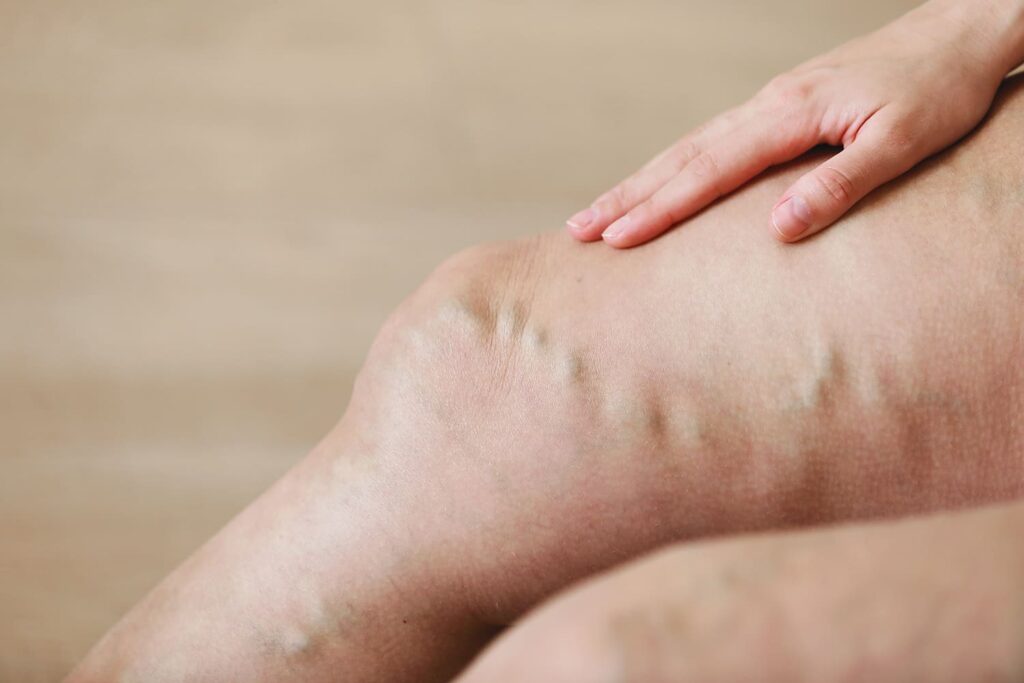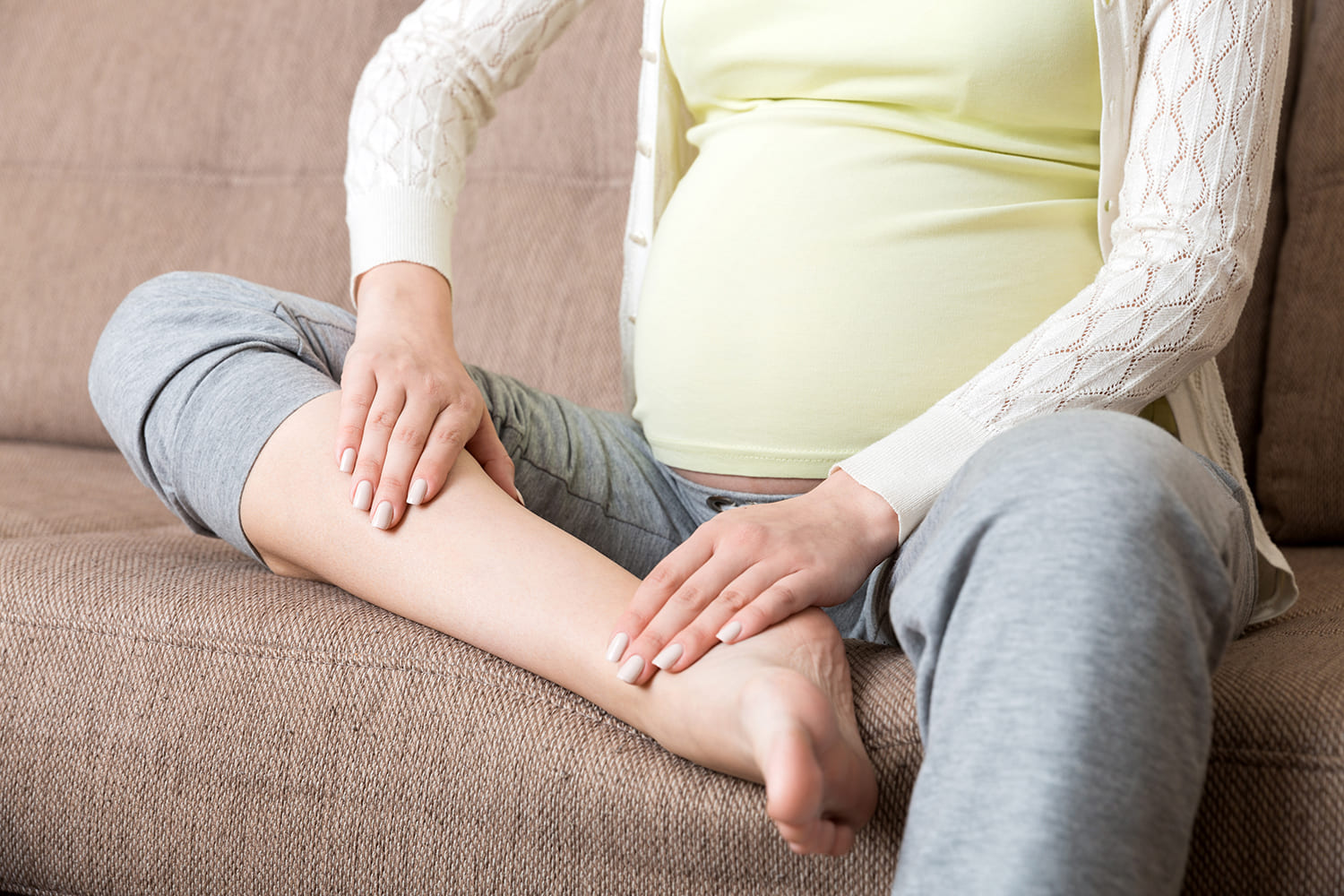Pregnancy is a unique journey in a woman’s life. However, this special period also brings significant physical changes. As a natural result of these changes, pressure on the veins and differences in blood circulation create a foundation for pregnancy related varicose veins to develop. During pregnancy, increased blood volume, hormonal shifts affecting vein health, and the growing uterus pressing on veins significantly raise the risk of varicose veins. Symptoms such as swelling in the legs, discomfort, and visibly enlarged veins can be distressing for expectant mothers.
Nevertheless, varicose veins, often seen as an inevitable part of pregnancy, can be delayed or managed with the right precautions. Adopting healthy habits, engaging in circulation-boosting exercises, and taking steps to support vein health can reduce the risk of pregnancy-related varicose veins. In this article, we share expert tips and effective strategies to help manage varicose vein symptoms and minimize the discomfort they cause during pregnancy. Let’s explore how you can feel more at ease and enjoy your pregnancy journey to the fullest. For more insights, visit Pregnancy and Varicose Veins page.

Why Do Varicose Veins Develop During Pregnancy?
Increased Blood Volume
To support the growing baby, the body produces extra blood. This additional volume places more pressure on veins, especially in the legs.
Hormonal Changes
The hormone progesterone relaxes vein walls during pregnancy. While this helps accommodate increased blood flow, it also makes veins more prone to dysfunction.
Pressure from the Growing Uterus
As the uterus expands, it compresses veins in the pelvic region. This compression slows blood flow back to the heart, increasing the likelihood of varicose veins.
Symptoms of Varicose Veins During Pregnancy
Common signs of varicose veins include:
- Swelling and heaviness in the legs
- Visible blue or purple veins on the skin’s surface
- Pain, burning, or itching in the legs
- Increased discomfort in the evening or after prolonged standing

Tips to Prevent Varicose Veins During Pregnancy
Stay Active
Low-impact exercises like walking, swimming, or prenatal yoga improve circulation and support vein health. Avoid long periods of inactivity.
Elevate Your Legs
Resting with your legs elevated helps blood flow more efficiently. Try this for 10-15 minutes several times a day.
Wear Compression Stockings
Maternity compression stockings provide extra support for veins, especially if you spend extended time standing.
Maintain a Healthy Weight
Gradual and controlled weight gain during pregnancy reduces strain on veins. A balanced diet and medical guidance can help.
Expert Recommendations for Pregnancy Varicose Veins
Varicose veins that develop during pregnancy often improve postpartum. However, persistent varicose veins may require medical intervention. Consult a specialist to create a tailored care plan. For more information, visit Prof. Dr. Semih Barlas page.
Frequently Asked Questions
Are varicose veins normal during pregnancy?
Yes, hormonal and physical changes during pregnancy often lead to varicose veins.
Are compression stockings safe for pregnancy?
Yes, maternity compression stockings are safe and effective.
Can varicose veins be treated during pregnancy?
Treatment is usually postponed until after delivery, but lifestyle changes can help manage symptoms.
Do varicose veins disappear after pregnancy?
Some may fade postpartum, but persistent veins might require medical attention.

